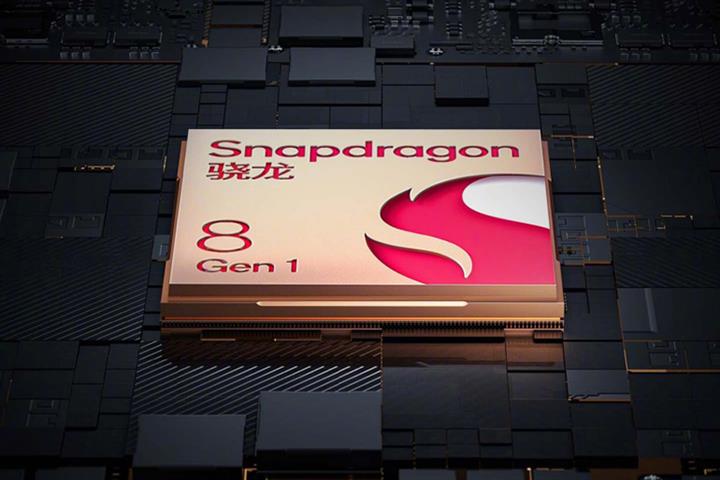 Xiaomi’s Handsets to Be World’s First With Qualcomm’s New Flagship Chipset
Xiaomi’s Handsets to Be World’s First With Qualcomm’s New Flagship Chipset(Yicai Global) Dec. 1 -- Xiaomi’s next phones, now in production and “available soon,” will be the first in the world powered by Qualcomm’s new flagship smartphone processor, according to the Chinese company’s founder.
The Xiaomi 12 Series will be powered by the Snapdragon 8 Gen 1, following months of joint efforts by engineers at Xiaomi and Qualcomm, Lei Jun, who is also chairman and chief executive of the Beijing-based firm, said via video today at the Snapdragon Tech Summit 2021. He also said the new phones will be “available soon.”
Qualcomm unveiled the chipset at the summit. The world’s first 5G modern-RF solution to reach 10 gigabit download speed, the Snapdragon 8 Gen 1 jumps to a four-nanometer process, from the 5nm one on which last year’s Snapdragon 888 was built.
Other smartphone makers such as Oppo Mobile Telecommunications, Vivo Communication Technology, Honor, and ZTE will also equip new devices due for release at the end of the year with the chipset, Qualcomm said in a statement.
The new Snapdragon 8 is equipped with cutting-edge 5G, artificial intelligence, gaming, camera, Wi-Fi, and Bluetooth technologies, with performance improved 20 percent and power-saving up 30 percent. Qualcomm’s new Adreno graphics processing unit boosts graphics rendering capabilities by 30 percent and power-saving by 25 percent compared with the previous generation.
Qualcomm has absolute advantages in the high-end smartphone chip market. Its income was 40 percent higher than its biggest rival among Android phones in fiscal 2021, an analyst covering the California-based company said.
Taiwan-based chipmaker MediaTek released on Nov. 19 Dimensity 9000, the world’s first 4nm process smartphone chip, the head of a Chinese handset maker said. Samsung Electronics is also likely to unveil a 3nm chip in the first half of next year, and Shanghai-based Unisoc, which specializes in the low- and mid-end markets, has also started mass producing 6nm chips.
Every chipmaker is striving to enter new markets by speeding up product upgrades, customizing chips for smartphone makers, and developing new process techniques, an analyst told Yicai Global.
The 5nm process is the most widely used for mass producing chips in the global market, but with regards to the 4nm process, competition is fierce and it is still unclear which chipmaker will take the dominant position, the analyst said.
Editor: Futura Costaglione